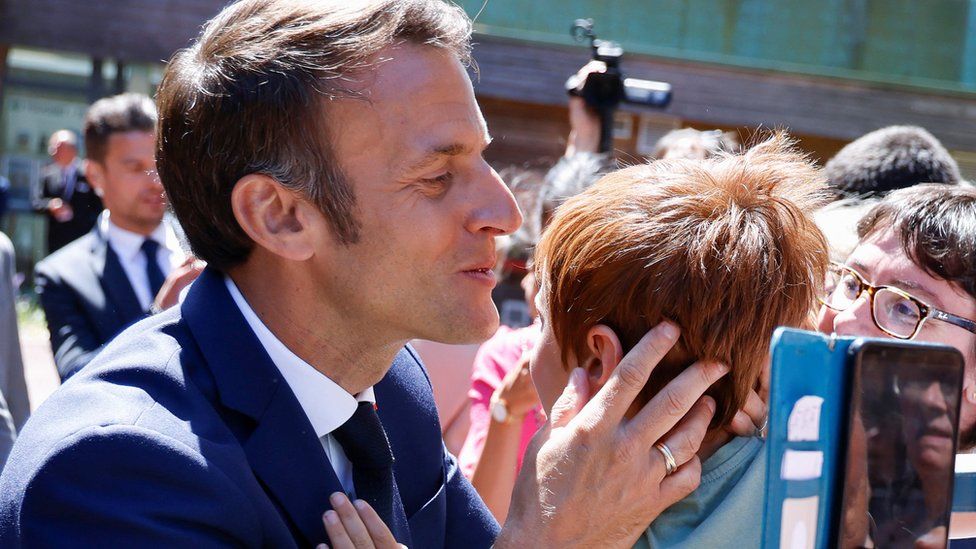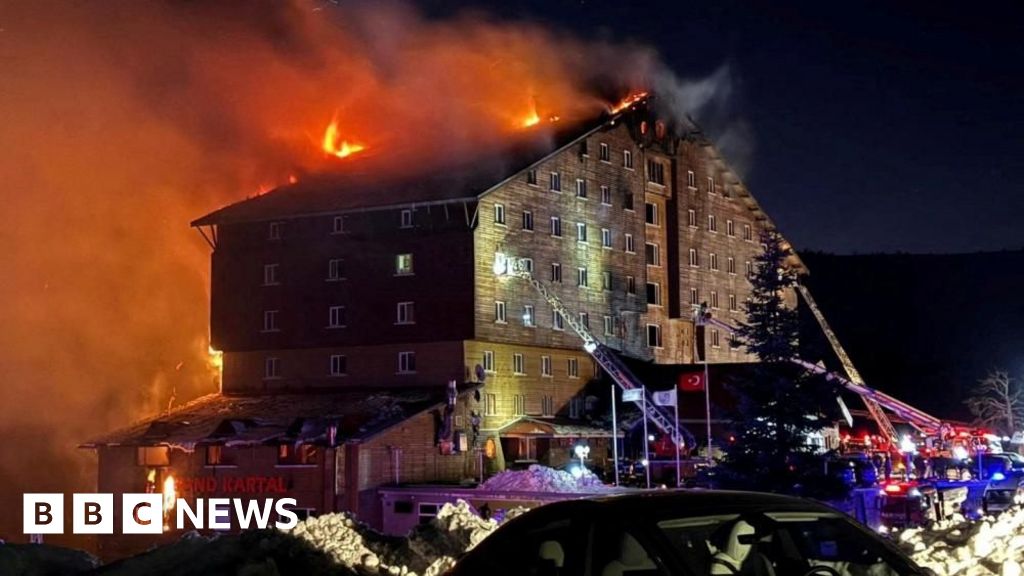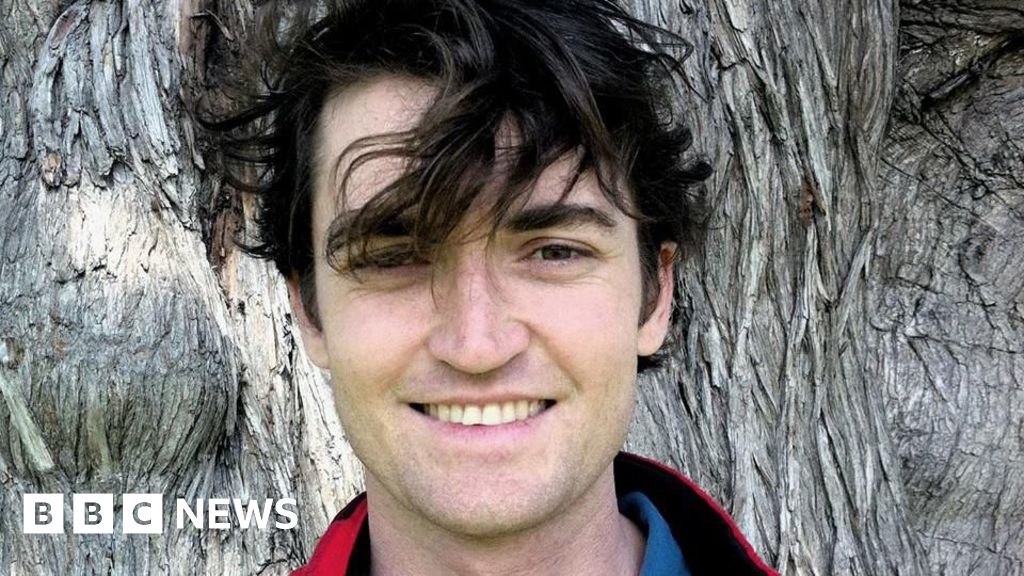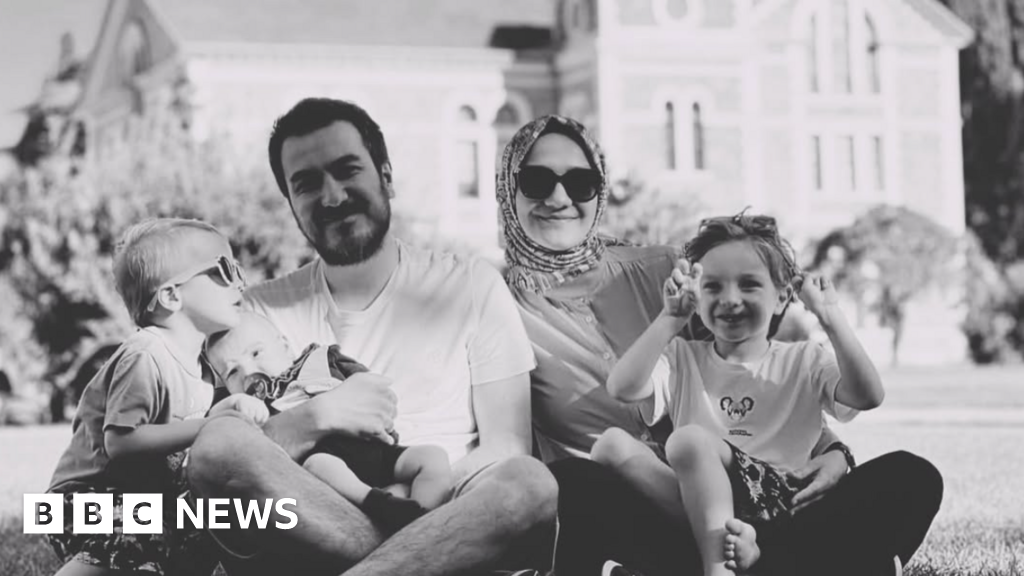ARTICLE AD BOX
By Paul Kirby
BBC News
 Image source, Ludovic Marin/Reuters
Image source, Ludovic Marin/Reuters
President Macron who voted in Le Touquet has devoted little time yet in campaigning for this vote
Voting has ended in most of France in an election to decide whether Emmanuel Macron can continue governing with a majority in the National Assembly.
Turnout was expected to be historically low in the first of two rounds.
The president's main challenge comes from a left-wing alliance under Jean-Luc Mélenchon, who has set the unlikely target of becoming prime minister.
Mr Macron won a second term in April, but without an Assembly majority he will struggle to push through reforms.
Polling stations closed in most of France at 18:00 (16:00 GMT), but voting was continuing in the biggest cities of Paris, Marseille, Lyon and Toulouse for two more hours.
Turnout for the first round was the lowest for more than 20 years, with 39.42% of France's 48.7 million voters casting ballots by 17:00. Pollster Ipsos-Sopra Steria said it was set to be the lowest in modern French history.
Since coming a close third in the presidential election, Mr Mélenchon has built an alliance, called Nupes, made up of left-wing and green parties.
His group and Mr Macron's Ensemble (Together) coalition of centrist parties were neck and neck in the opinion polls, and a strong performance from the left could stop Mr Macron winning the 289 seats he needs for a majority across France's 577 constituencies.
Like the rest of Europe, France is facing spiralling inflation and the election has so far failed to spark into life.
While Mr Macron has spent the intervening weeks since he won a second term in building a new government under Elisabeth Borne, his main rival has campaigned on a platform of Mélenchon for prime minister.
Image source, EPA
Image caption,The left-wing coalition leader voted on Sunday morning in Marseille
That seems improbable, but he has managed to galvanise left-wing and green voters. Nupes wants to lower the retirement age to 60, freeze prices on 100 essentials and create a million jobs.
The new prime minister, Ms Borne, in common with any minister will have to win their seat to stay in government. And as each constituency is an individual local race, this election will play out over two weeks.
Unless a candidate wins more than 50% of the vote on Sunday based on a quarter of the electorate, the race goes into a second round in a week's time, involving the top two candidates and anyone else who wins 12.5% of the vote.
Far-right Marine Le Pen, who was runner-up in the presidential elections, is hoping to increase the number of her party's seats from eight to at least 15, which would give her far greater strength in parliament.
The mainstream right, which fared badly in the April vote, has focused its campaigning locally. Commentators have warned the Republicans are struggling for survival but their leaders are hoping for a surprise revival.

 2 years ago
76
2 years ago
76








 English (US) ·
English (US) ·